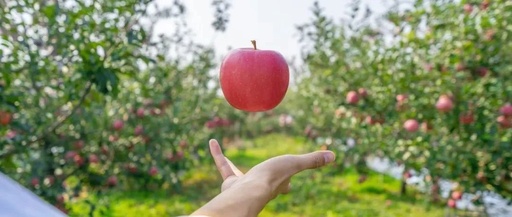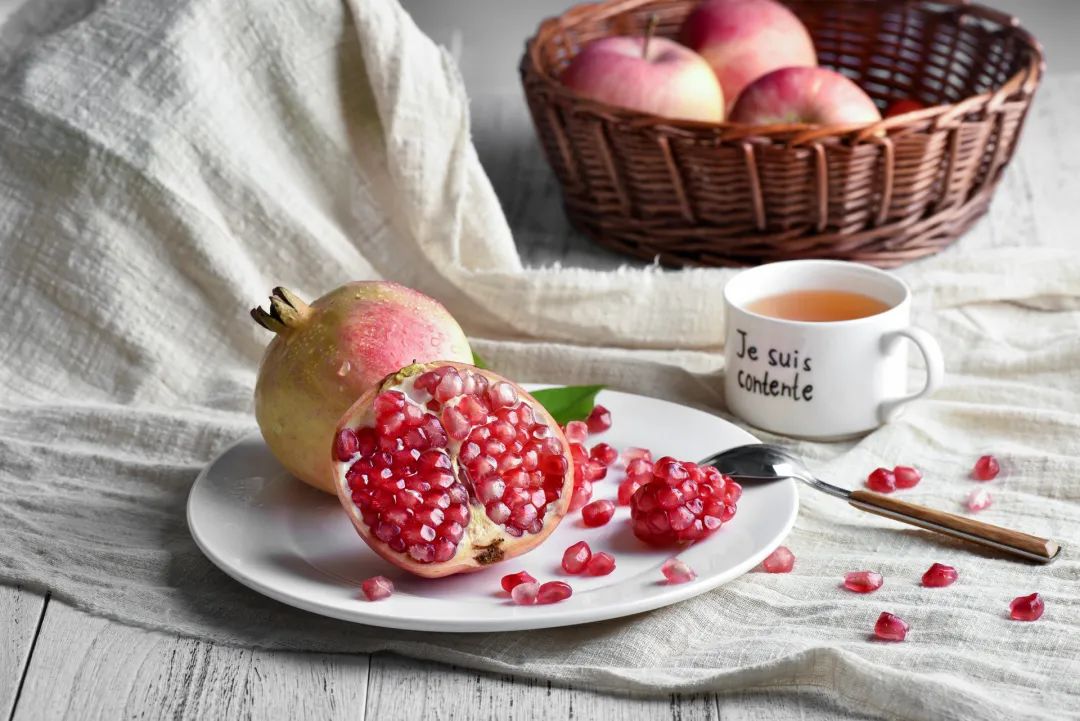
Autumn is relatively dry, and many seasonal fruits can help to moisten dryness, such as Li Zi (Pear), Wu Hua Guo (Fig), and Shi Zi (Persimmon).
Some people experience dryness and heat in autumn, and nature provides fruits that clear heat and nourish yin, such as Mi Hou Tao (Kiwi), Huo Long Guo (Dragon Fruit), and You Zi (Pomelo), which are also in season.
This is suitable for those with sufficient Yang Qi, strong spleen and stomach, and abundant Qi and blood. Eating an appropriate amount of seasonal fruits can help adjust the impact of the climate on our bodies.
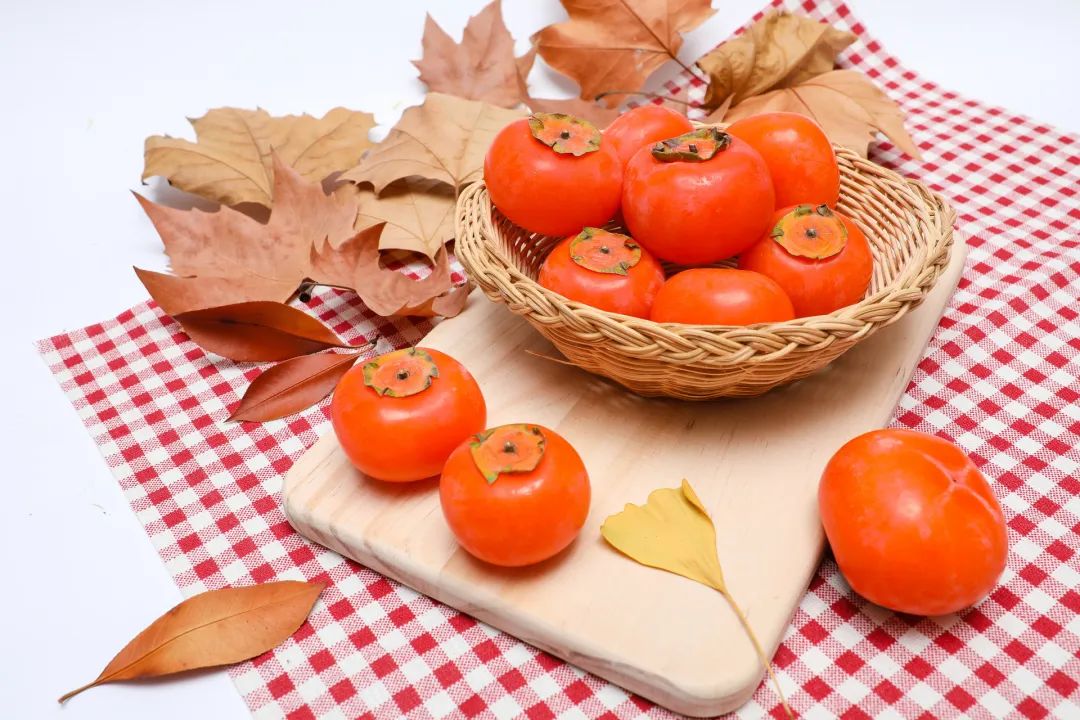
However, for children with Spleen Qi Deficiency, weak Qi and blood, and frequent digestive issues, blindly applying such standards is not advisable.
Fruits need to be processed by the spleen and stomach first, and after traversing through the body, consuming a certain amount of Yang Qi and Qi and blood, can they be absorbed and ultimately exert their effects of moistening dryness and clearing heat.
To put it simply:
If a child’s digestive Qi and blood energy is only 30 points, but the amount of fruit provided requires 35 points of energy to digest, then the body will definitely struggle. We can observe that some children experience diarrhea, abdominal pain, thick and greasy tongue coating, food stagnation, and coughing after consuming excessive fruits.
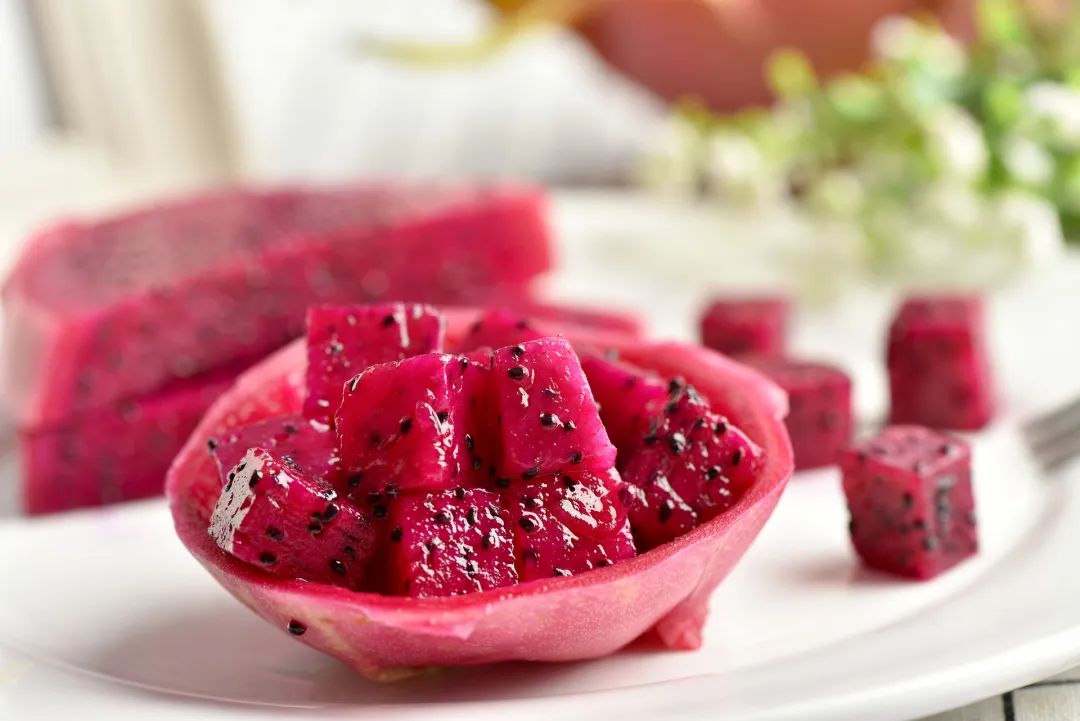
Although fruits have certain benefits for the body, for children with Spleen Qi Deficiency and frequent digestive issues, special care should be taken when consuming fruits in autumn. Here are some important points to consider:
1. Choose Fruits According to Constitution
Some children often have unformed stools, with dry stools at the beginning and loose stools at the end. These children have a cold constitution, so they should eat less cold fruits like Mi Hou Tao (Kiwi), Huo Long Guo (Dragon Fruit), and Shi Zi (Persimmon), as eating too much can harm Yang Qi.
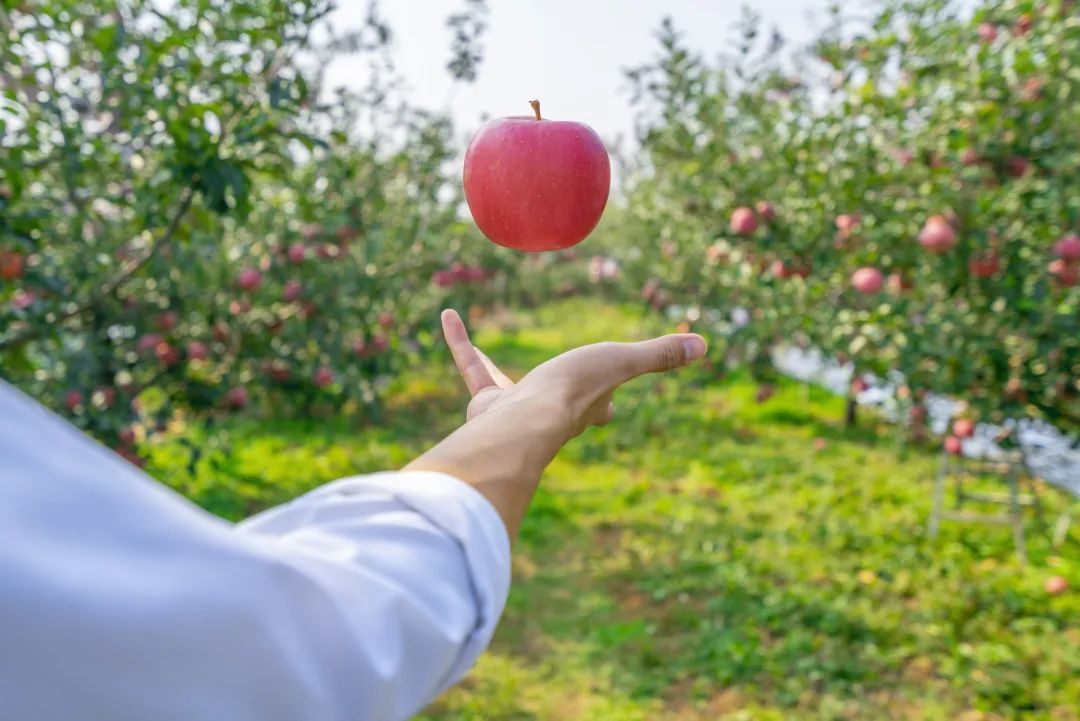
2. Can Neutral and Warm Fruits Be Eaten in Larger Quantities?
Many people ask if children with a cold constitution can eat more neutral and warm fruits. This should be based on the child’s digestive capacity. Children with a cold constitution often have insufficient Qi and blood, and any type of fruit is difficult to process, requiring a large amount of Qi and blood, so they should eat according to their own capacity.
If a child can only digest a piece of fruit the size of a thumb, then do not give them a piece the size of a fist; if some children easily experience diarrhea or recurrent food stagnation after eating fruit, they should be even more cautious.
The recommended fruit amounts in nutrition books are merely reference values and should not be blindly copied; the specific amount must return to the child’s actual digestive capacity.
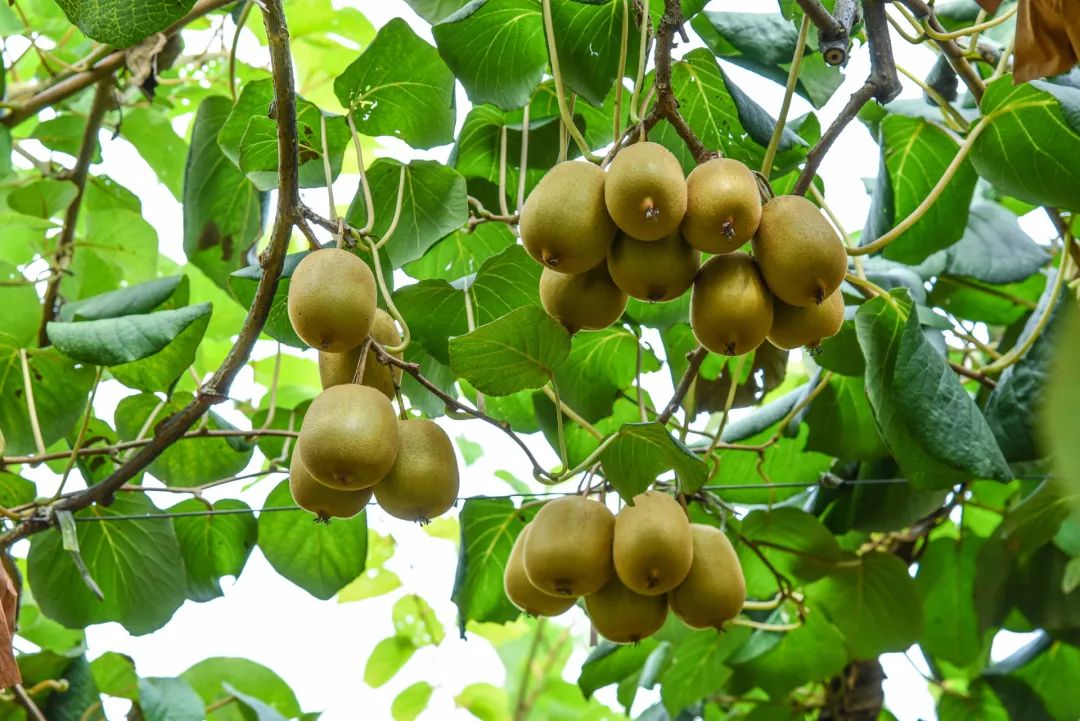
3. Can Cooked Fruits Be Eaten Regularly?
Cooking fruits reduces their cold nature, but they are still not easy to digest and can promote dampness. Cold fruits remain cold even when heated; warm fruits remain warm when heated, so they should be eaten in moderation based on the child’s constitution and digestive capacity.
4. Can Fruits Be Eaten at Night?
For children with digestive issues, recurrent food stagnation, tossing and turning at night, morning bad breath, and poor appetite at breakfast, it is generally advised not to eat fruits at night. This is because Yang Qi is insufficient at night, and Qi and blood are relatively weak. Eating fruits at this time places a heavy burden on the spleen and stomach, making it easier to cause food stagnation mixed with dampness.
Eating fruits at night, which is intended to moisten dryness, can instead promote dampness, leading to a body that is both dry and damp. A slight chill can easily lead to coughing.
5. Can Fruits Be Eaten After Meals?
Should fruits be eaten after meals? This mainly depends on the child’s specific situation. If the child is already full, eating fruits will lead to overstuffing and poor digestion; if the child has eaten a lot of greasy and hard-to-digest food beforehand, introducing cold fruits at this time places a particularly heavy burden on the spleen and stomach.
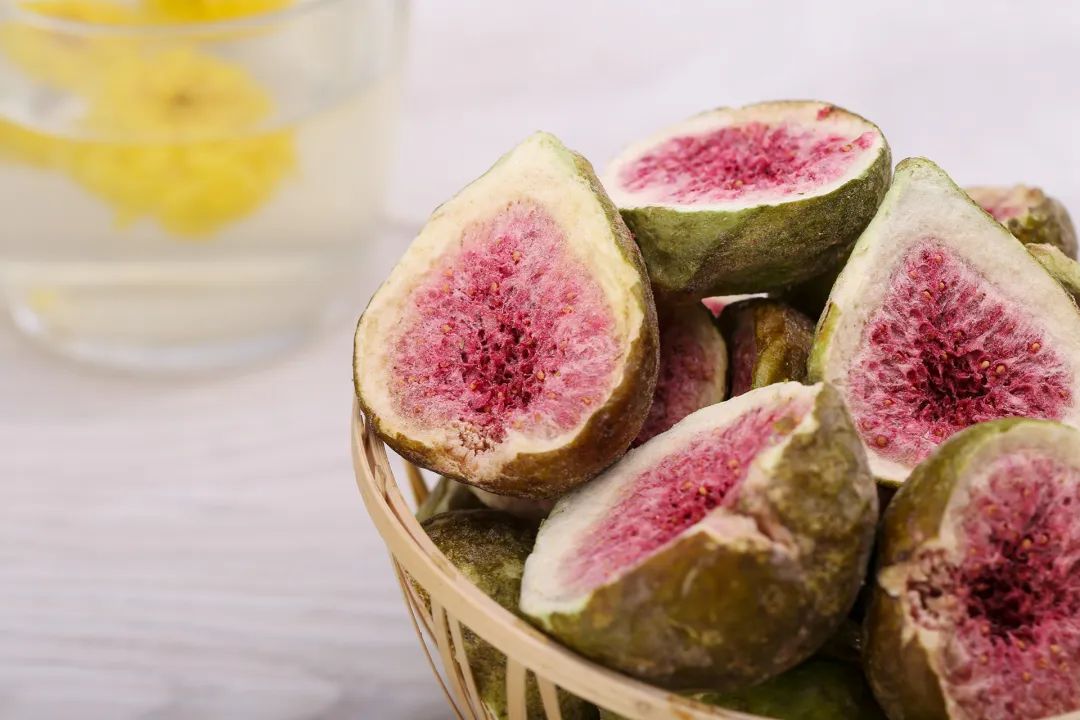
6. Fruits That Can Be Used in Medicinal Cuisine
Fruits commonly used in medicinal cuisine in autumn include Li Zi (Pear), Wu Hua Guo (Dried Fig), Shi Bing (Dried Persimmon), and Shan Zha (Hawthorn). They can be used appropriately for specific conditions, such as in Chen Pi Li Zi Tang (Tangerine Peel and Pear Soup) or Wu Hua Guo Pai Gu Tang (Fig and Pork Rib Soup).
7. Can Fruits Be Eaten When Coughing from a Cold?
If a child has a weak constitution and Spleen Qi Deficiency, it is generally not recommended to eat raw and cold fruits when sick, as this will consume a large amount of Qi and blood, making it harder for the body to recover from illness.
Since each child’s situation is different and their physical condition varies, whether to eat fruits or not should be based on medical advice.
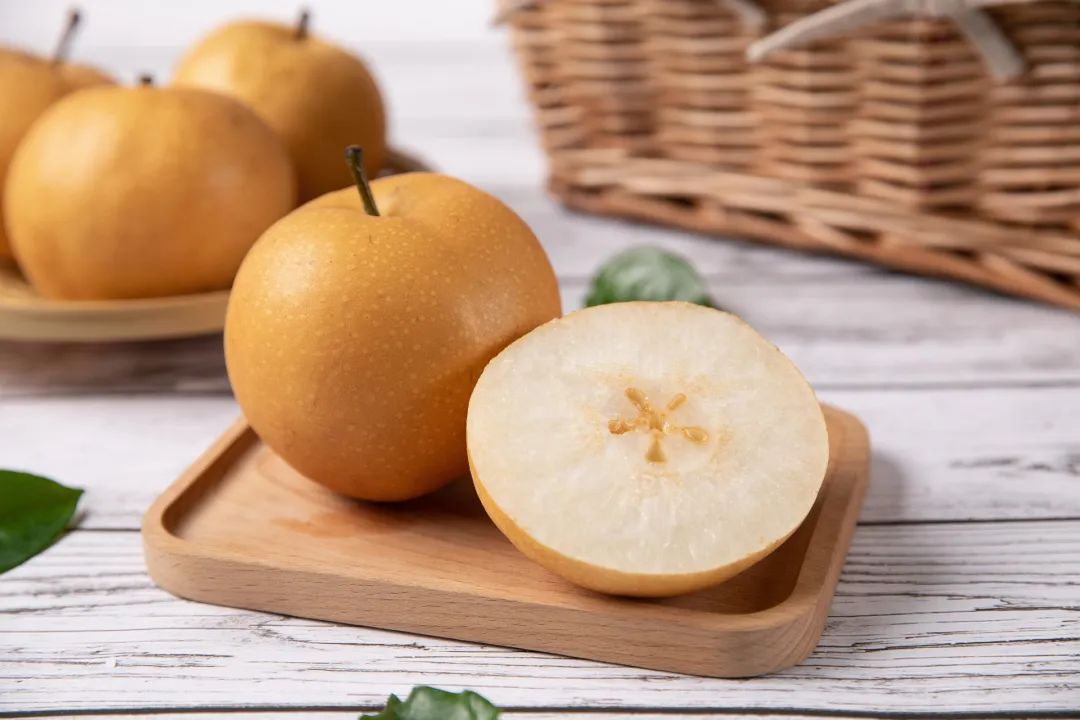
Recommended Reading:
Why is My Child’s Hair Thin and Yellow?
Is Your Child’s Cough Hard to Treat? Check if These Care Tips Are in Place!
Master These 3 Things to Prevent Your Child from Coughing in Autumn and Winter; Moms Must Learn!

